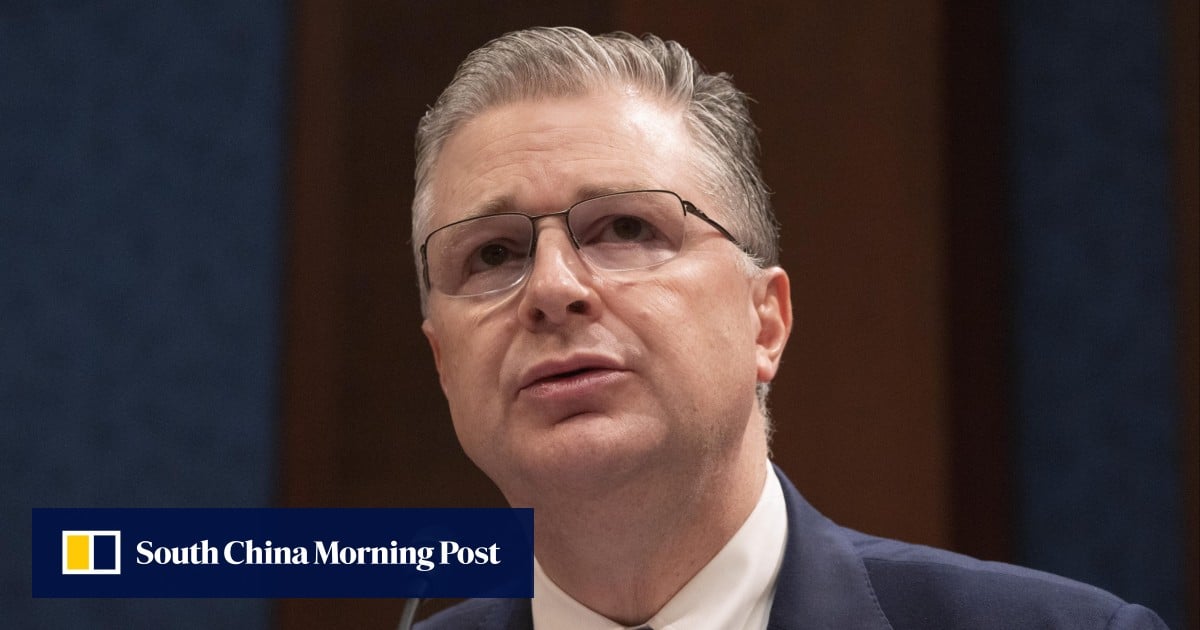The exterior of the Bank of England in the City of London, United Kingdom.
Mike Kemp | In Pictures | Getty Images
LONDON — The Bank of England on Friday announced a “once in a generation” overhaul of its inflation forecasting following a long-awaited review by former Federal Reserve Chair Ben Bernanke.
The review — initiated following criticism of the central bank’s recent policymaking — sets out 12 recommendations which BoE Governor Andrew Bailey said the bank was committed to implementing.
Bailey told CNBC it had been “invaluable” to compare and contrast the U.S. policy perspective with its own.
“This is a once in a generation opportunity to update our forecasting, and ensure it is fit for our more uncertain world,” Bailey said.
Bernanke’s recommendations are organized into three key areas: improving the Bank’s forecasting infrastructure, supporting decision-making within the Monetary Policy Committee (MPC), and better communicating economic risks to the public.
They include scrapping the Bank’s long-held “fan chart” forecasting system and introducing a revamped forecast framework.
The fan chart — which shows a range of possible future data points — has long been used by the Bank to present the probability distribution that forms the basis of its inflation forecasts. However, the model has faced heavy criticism over recent years for failing to accurately keep track of inflationary pressures, and the review concluded that fan charts had “outlived their usefulness” and “should be eliminated.”
It recommended instead that the BOE use a new model that better reflects the differing views of committee members and how inflation expectations can become “de-anchored.” It added that the BOE currently relies more heavily than other central banks on a central forecast, which may not fully account for wider risks, and said that it should supplement that with wider range of alternative scenarios.
Additionally, the review said the bank needed to improve its communication with the public, suggesting that it put less emphasis on the central forecast, simplify its policy statement, and reduce repetitiveness. It also said that the current modernization of software used to manage and manipulate data was a “high priority.”
A policymaking overhaul
The Bernanke Review was launched last summer to assess the Bank’s struggles to accurately project the huge global spike in inflation following Russia’s invasion of Ukraine.
The Bank was widely criticized for being too slow to hike interest rates, meaning it subsequently had to raise its main bank rate to a 15-year high of 5.25%.
With inflation now falling faster than the MPC had anticipated, some economists have argued that the Bank is committing the same mistake in the opposite direction, cutting rates too slowly.
Bernanke added that his role chairing the Fed during the Global Financial Crisis highlighted the critical role of monetary policy on the real economy, but added that the review made “no judgment” of the BOE’s recent decision-making.
“The effects of the financial sector on the economy go beyond interest rates. Credibility is important. Risk-taking is important,” he told CNBC.
He added that the difficulties in forecasting were not unique to the BoE, but said he hoped the Bank would draw appropriate lessons from its recent experiences.
The review recommended that the Bank take a phased approach to implementing the new measures, starting with improving its forecasting infrastructure. It should then “cautiously” move on to adopting changes to its policymaking and communications, it said.
Incoming BoE Deputy Governor Clare Lombardelli has been charged with leading the implementation of these recommendations when she takes her seat in July. The Bank said it will provide an update on the proposed changes by the end of the year.
— CNBC’s Elliott Smith contributed to this article.







